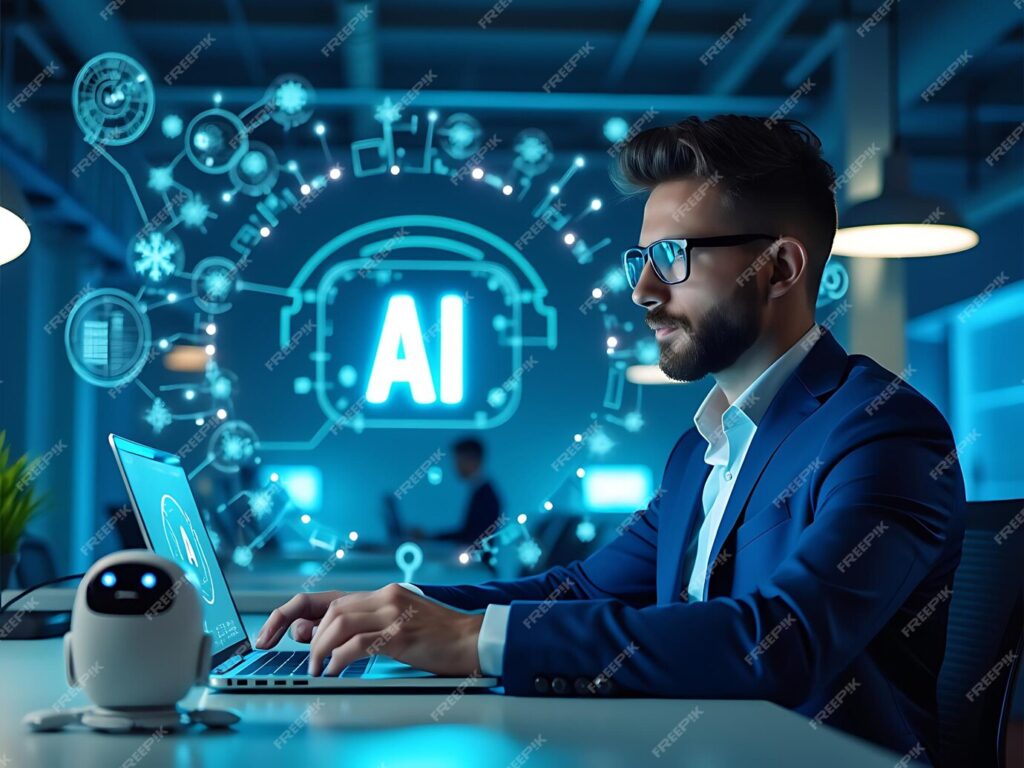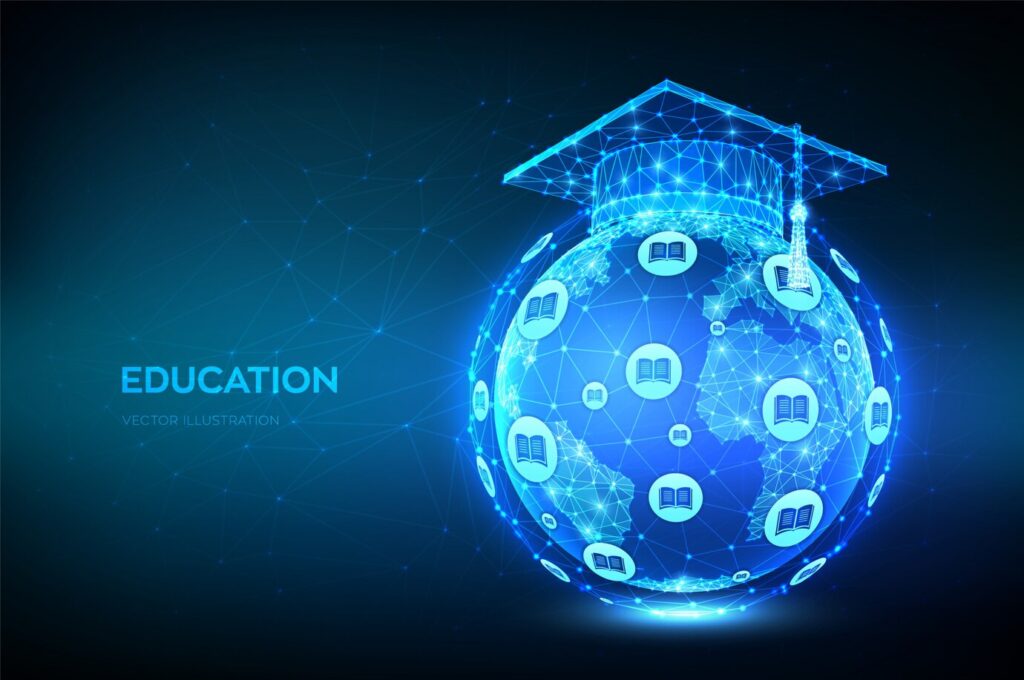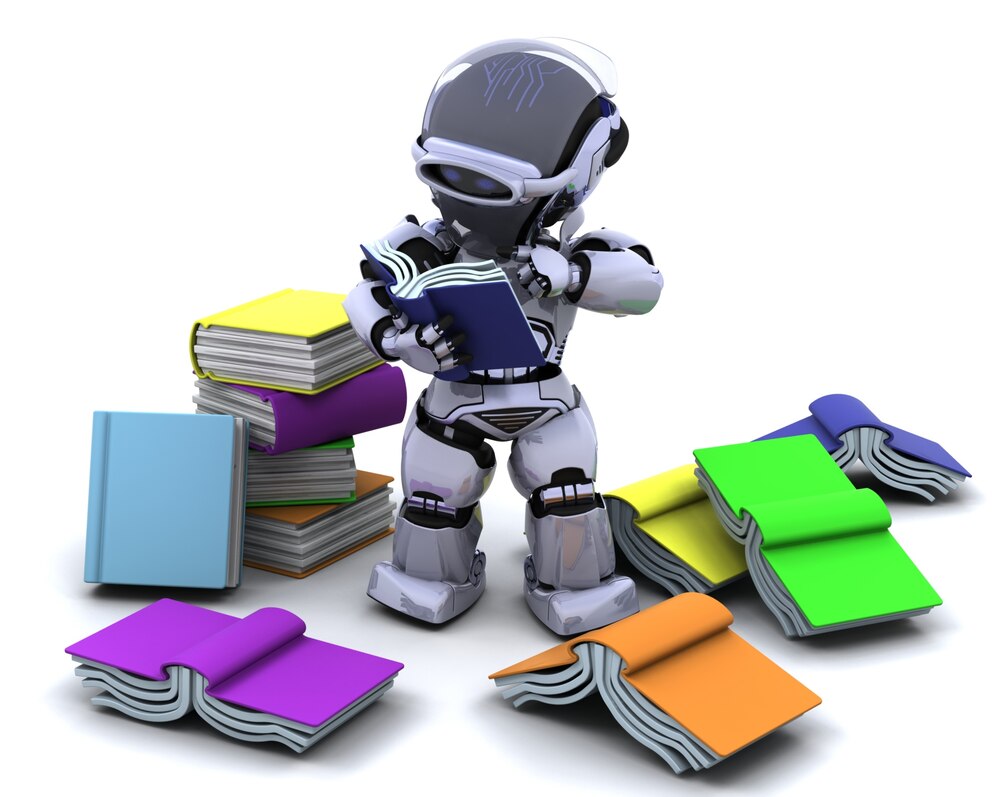The future of education is rapidly transforming, and artificial intelligence (AI) is at the forefront of this evolution. By 2025, AI will play a significant role in shaping how students learn, how teachers teach, and how educational institutions operate. From personalized learning experiences to data-driven insights, AI is revolutionizing the education landscape.
One of the most profound impacts AI will have is in personalized learning. Currently, teachers struggle to cater to the diverse learning speeds and styles of students in a classroom setting. However, AI-powered tools can analyze students’ strengths and weaknesses, adapt content, and provide customized learning paths. These intelligent systems can ensure that each student receives the support they need, whether they are excelling and require more advanced material or need additional assistance to grasp complex concepts.
Furthermore, AI can automate repetitive administrative tasks, such as grading assignments, managing attendance, and scheduling, allowing educators to focus more on teaching and student engagement. This automation leads to more efficient workflows, giving teachers more time to interact with students and enhance their overall educational experience.
AI is also enhancing the accessibility of education. With advancements like natural language processing and speech recognition, AI tools can break down language barriers, making educational content accessible to a global audience. For example, real-time translation and transcription services enable non-native speakers to follow along with lessons more effectively. Moreover, AI-driven learning platforms can adjust content based on a student’s cognitive load, providing the right level of difficulty and pace to maximize understanding without overwhelming the learner.
Additionally, AI is playing a crucial role in helping students prepare for future careers. AI-driven simulations and virtual environments are already being used in fields like medicine, engineering, and architecture, where students can practice and hone their skills in a safe, controlled, and realistic setting. This not only enhances learning outcomes but also equips students with real-world experience before entering the workforce.
In terms of assessing learning outcomes, AI can provide real-time feedback, offering students insights into their performance and areas for improvement. This data-driven approach allows for better decision-making when it comes to curriculum development, teaching strategies, and individualized support.
By 2025, AI will not only enhance traditional education but will also pave the way for new models of learning that are more flexible, accessible, and effective. As educational institutions continue to embrace AI technology, we can expect a future where learning is personalized, efficient, and adaptive to the needs of each student.



